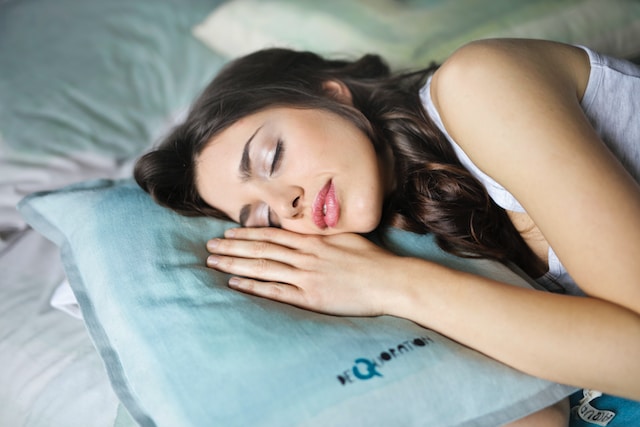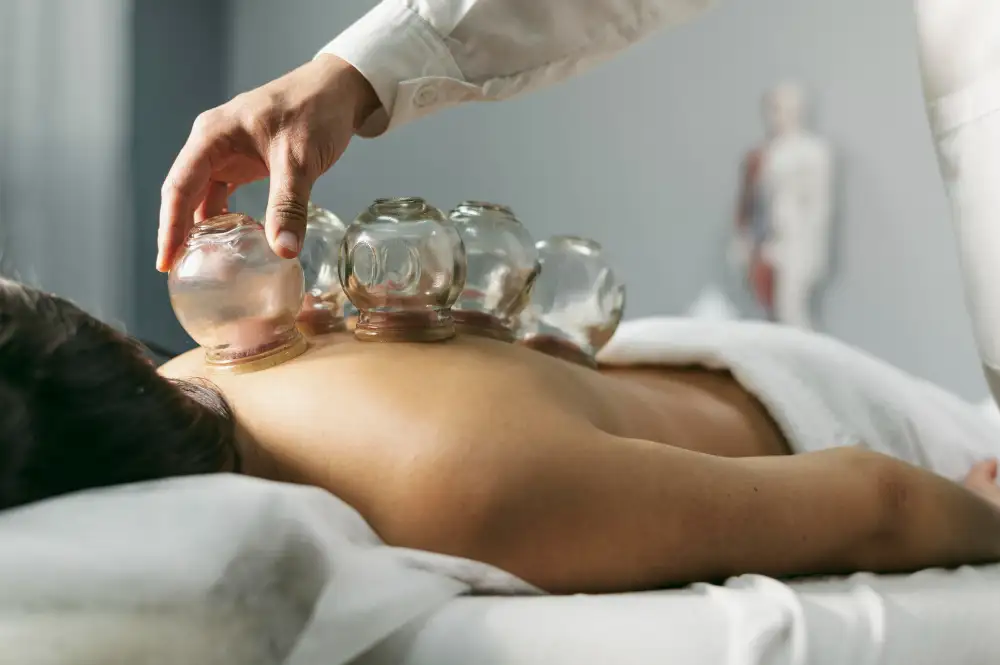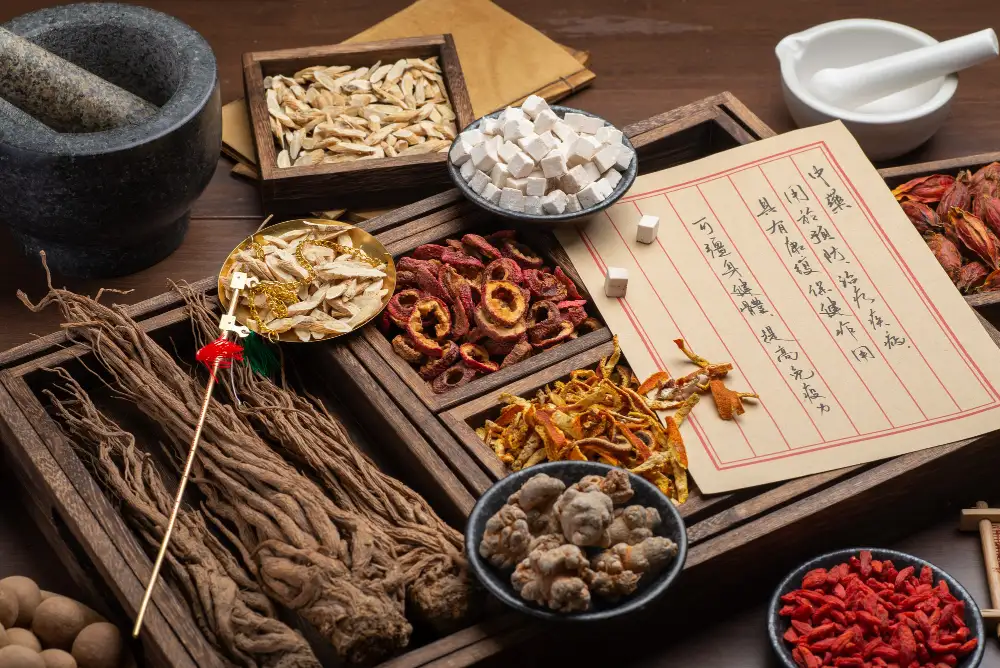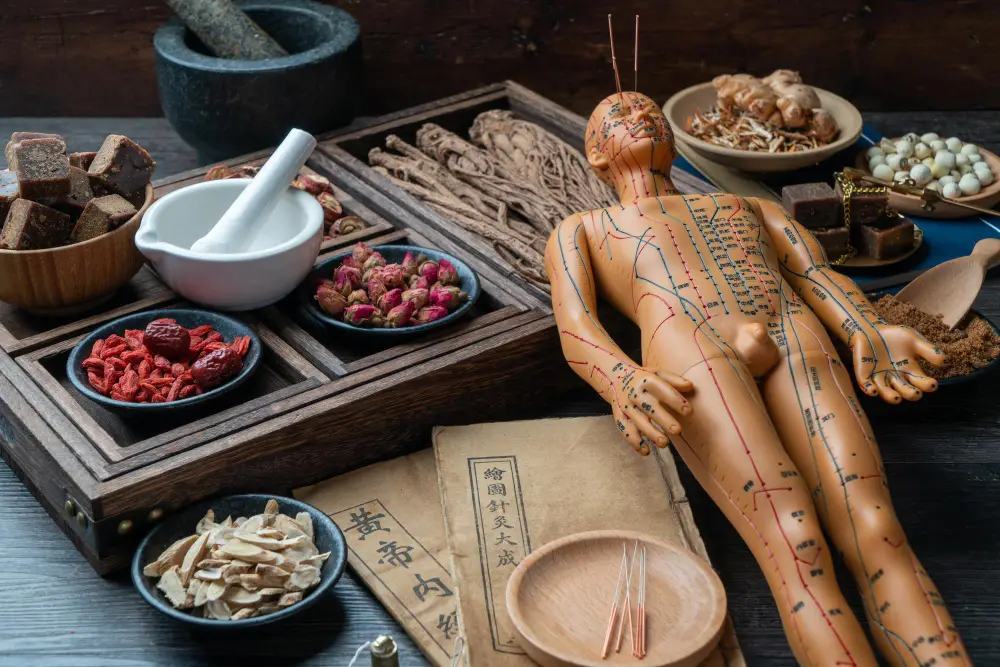Acupuncture and herbs are traditional Chinese medicine techniques that can improve sleep in several ways.
Acupuncture is a practice that involves inserting thin needles into specific points on the body. According to traditional Chinese medicine, the body has channels or meridians through which energy flows. By stimulating these points with needles, acupuncture can help regulate the flow of energy and improve the body’s overall balance. Acupuncture can also stimulate the release of endorphins, which are natural painkillers that can help induce a sense of relaxation and calmness. This can be particularly helpful in promoting sleep and reducing stress and anxiety.
Herbs can also be used to improve sleep. Certain herbs such as valerian root, passionflower, and chamomile have been traditionally used to promote relaxation and improve sleep quality. These herbs can be taken in the form of teas, tinctures, or supplements. They may work by increasing levels of gamma-aminobutyric acid (GABA) in the brain, which is a neurotransmitter that promotes relaxation and sleep. Other herbs, such as ashwagandha and rhodiola, can help reduce stress and anxiety, which can also improve sleep quality.
Overall, acupuncture and herbs can be useful tools in promoting better sleep. They work by regulating the body’s energy flow, promoting relaxation, reducing stress and anxiety, and increasing levels of neurotransmitters that promote sleep. However, it’s important to note that these techniques may not work for everyone and should always be used under the guidance of a qualified practitioner.




